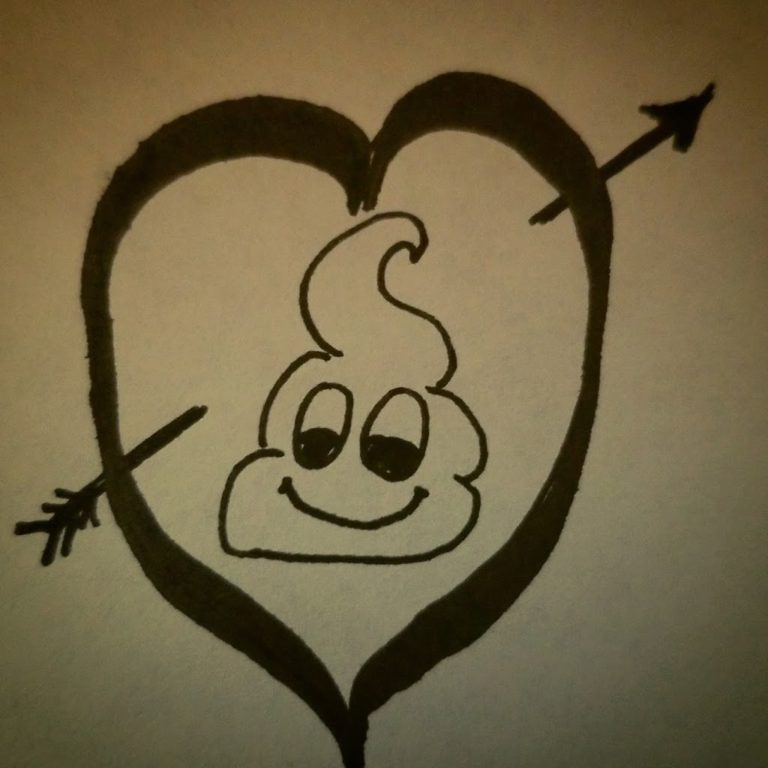Heart Poops.

“Loving just one is too little; loving all is being superficial; knowing yourself and loving as many as possible, letting your soul hide all the powers of love in itself, so that each gets its particular nourishment while consciousness nevertheless…